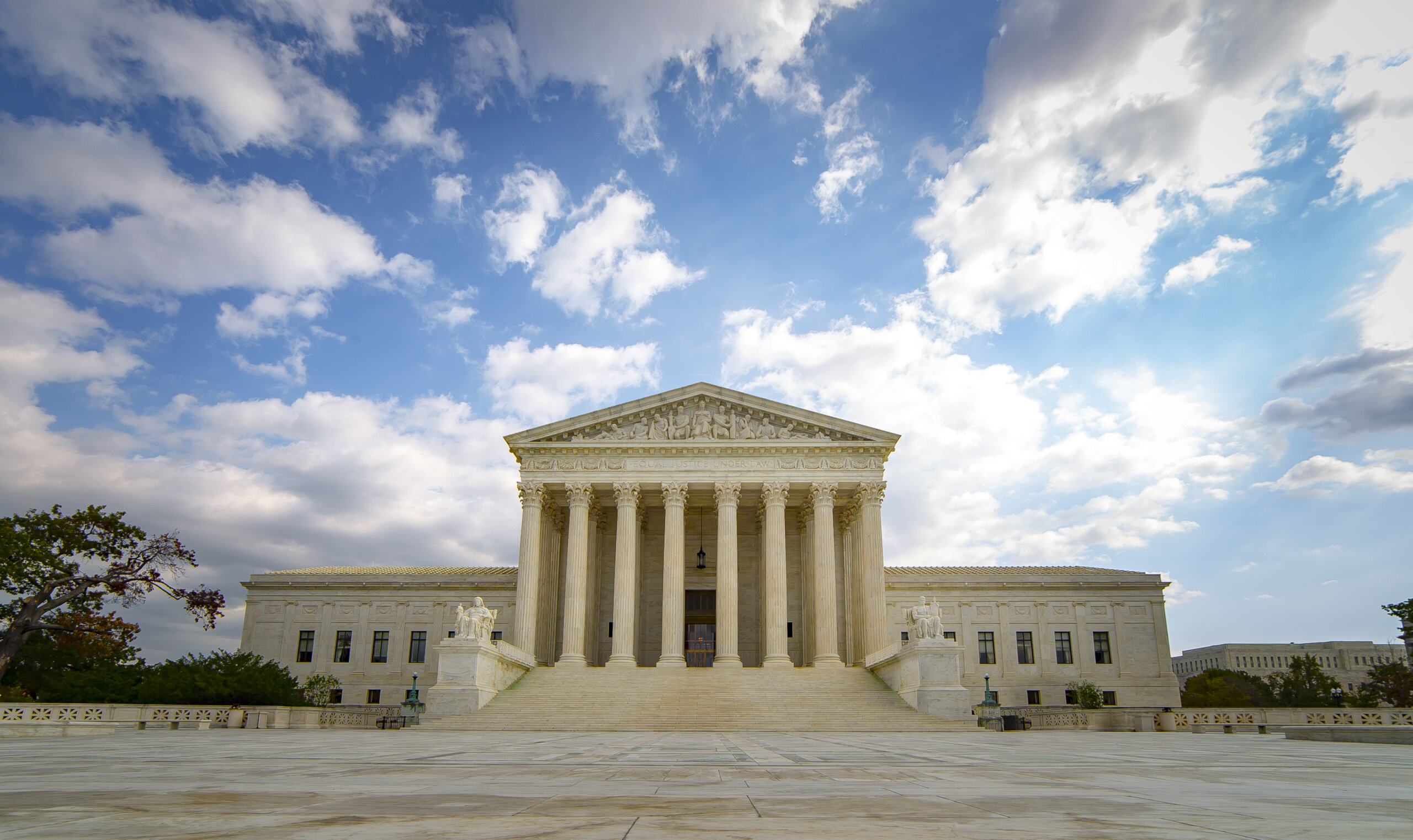On October 4, 2023, the Supreme Court of the United States heard oral arguments in a highly-anticipated case over whether a self-proclaimed “tester” plaintiff has standing to bring Americans with Disabilities Act (ADA) claims against a hotel when the tester did not intend to stay at the hotel. The justices’ questioning suggested that the Court may hold that the case is moot without reaching the “tester” standing issue.
Quick Hits
- The Supreme Court heard oral arguments in a case over whether an ADA tester has standing to bring claims against a hotel when the tester did not intend to stay at the hotel.
- The justices’ questioning suggests the Court may not reach the standing issue at all as there may well be a majority to say the question is moot.
- If the Court were to reach the standing issue, it appears unlikely to disturb the possibility of tester standing, though it may heighten requirements for standing for those encountering “injury” in the virtual or electronic world.
During oral arguments in Acheson Hotels v. Laufer, petitioner Acheson Hotels argued that the “tester” lacked standing to bring ADA claims that a website for a hotel in Maine did not provide sufficient information on accessible accommodations because she had no intention of reserving a hotel room.
Self-proclaimed tester Deborah Laufer, who combed through hotel websites searching for potential ADA violations, filed an ADA suit against The Coast Village Inn and Cottages of Wells, Maine, formerly owned by Acheson Hotels. The suit alleged that the hotel’s website did not provide information regarding its accessible accommodations in violation of Title III of the ADA and relevant U.S. Department of Justice regulations.
Specifically, Laufer argued that the denial of accessibility information caused her “dignitary harm” and that, as a person who uses a wheelchair, cane, or other support for mobility, she was treated differently from others who visited the website.
However, the justices spent much of the oral argument questioning whether the case before them is moot since Laufer has since dropped her suit, Acheson Hotels has sold the hotel in Maine, and the hotel’s current website provides the requisite accessibility information. It appeared there could be a majority who would find the case moot, meaning the Court would not need to address the standing issue at all.
Even if the Court were to address the standing issue, it appeared from the oral arguments that the Court would be unlikely to disturb the possibility of tester standing as all of the advocates treated as proper the landmark 1968 standing case of Havens Realty Corp. v. Coleman, which in addressing the Fair Housing Act, recognized the “dignitary harm” the tester experiences when witnessing discrimination as adequate to create standing. Instead, the justices wrestled with the question of how far a tester needs to go before she has experienced the dignitary or other harm that would provide standing.
Next Steps
When the Supreme Court accepted the case, it was thought that the Court could upend the standing of testers, who seek out potential violations by businesses on civil rights issues. As Acheson Hotels had argued, testers have been used as part of a legal strategy to barrage businesses with lawsuits, often alleging mere technical civil rights violations, with the goal of extracting settlements. However, while only so much can be gleaned from oral arguments, it appears unlikely that the justices are poised to make any significant changes in this case. A decision is expected by the close of the Court’s current tem in early summer 2024.
Ogletree Deakins’ Disability Access Practice Group will continue to monitor developments with the case and will provide updates on the Disability Access blog.
Follow and Subscribe LinkedIn | Instagram | Webinars | Podcasts






